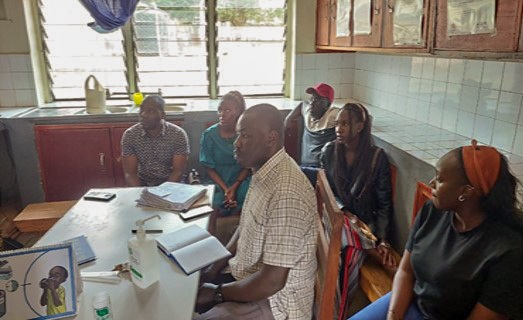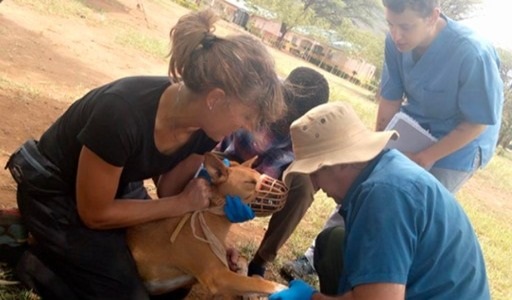
Strengthened One Health surveillance capacity for leishmaniasis, Uganda-Kenya
Project 1 Uganda Kenya - Project team
Overview
Project 5: Strengthening surveillance of leishmaniasis in Uganda and Kenya through a collaborative multisectoral One Health capacity building approach in endemic foci (Uganda and Kenya)
Lead institutions: Makerere University; University of Nairobi; Africa One Health University Network (AFROHUN) Uganda; Kenya Medical Research Institute (KEMRI)



